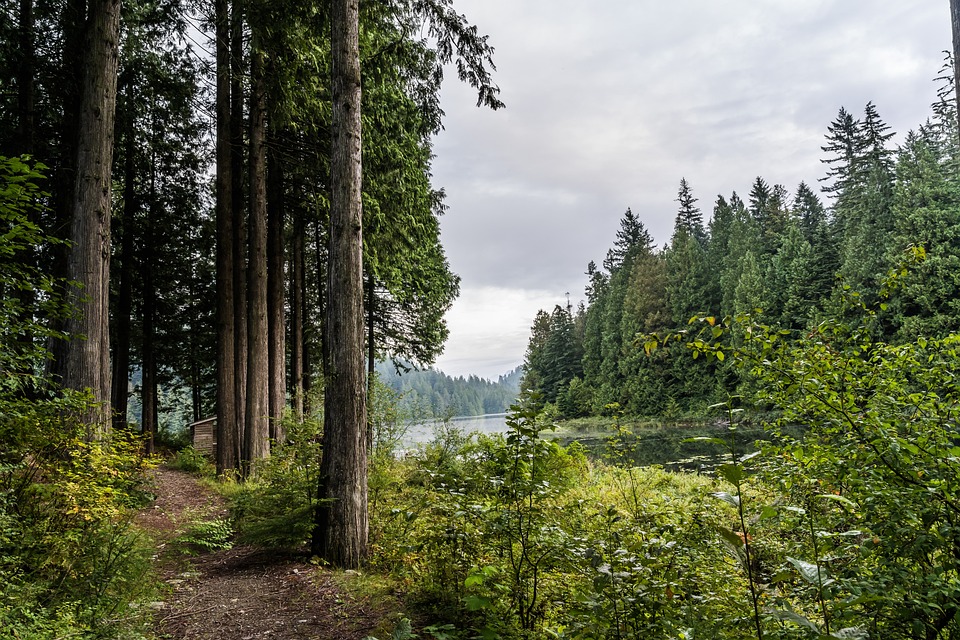Table of Contents
Introduction
Camping is a wonderful way to escape the hustle and bustle of daily life, connect with nature, and rejuvenate both body and mind. However, ensuring your camping trip is safe and enjoyable requires some preparation, especially when it comes to tent safety. From setup to fire safety, this article provides helpful tips and tricks to make your camping experience secure and pleasant.
Choosing the Right Campsite
Selecting the right campsite is crucial for your safety. Look for a flat and even area away from dead or overhanging tree branches. Make sure the campsite isn’t susceptible to flooding and is clear of any potential hazards such as rocky terrain or steep slopes.
Pitching the Tent
Properly pitching your tent is essential for both stability and safety. Ensure the ground beneath is clear of rocks, sharp objects, or uneven surfaces that could damage the tent. Use stakes to secure the tent and guylines to enhance stability. Familiarize yourself with the tent’s setup instructions to avoid any errors.
Fire Safety Measures
Camping often involves cooking over an open flame, so fire safety is critical. Always set up your campfire in a safe and designated area, following any specific regulations in the campground. Clear the area around the fire pit from flammable materials and never leave the fire unattended. Keep a bucket of water or a fire extinguisher nearby.
Securing Your Tent
Although tents are designed to protect you from the elements, it’s essential to secure them properly. Use guy ropes and stakes to prevent the tent from collapsing or blowing away, particularly in windy conditions. Consider bringing a mallet or hammer to ensure stakes are tightly secured in the ground.
Weather Preparedness
Weather conditions can change rapidly while camping, so being prepared is crucial. Check weather forecasts before your trip and pack appropriate gear for rain, wind, or extreme temperatures. Ensure your tent is waterproof and provide additional protection by using a groundsheet or tarp underneath the tent.
Food Storage
Proper food storage is essential to prevent attracting unwanted wildlife. Keep all food in sealed containers and store it away from your sleeping area. Utilize bear-resistant canisters or hang your food in a bear bag away from trees and at a safe distance from your campsite.
FAQs
Q: How should I maintain fire safety within my tent?
A: It is strongly advised not to use an open flame inside your tent, including candles or gas-powered heaters. These can be fire hazards and emit dangerous levels of carbon monoxide. Instead, use battery-powered devices for light and warmth.
Q: What should I do if I encounter wildlife near my tent?
A: Remain calm and do not approach the animals. Keep a safe distance and slowly back away. Secure your food and other scented items in bear-resistant containers or hang them away from your sleeping area. Making loud noises or clapping may help to deter some wildlife.
Q: How can I protect myself from ticks and other insects while camping?
A: Wear long sleeves, long pants, and insect repellent containing at least 20% DEET. Check your body regularly, especially after spending time in grassy or wooded areas. Tuck your pants into your socks and inspect your tent for any openings that insects could enter through.





